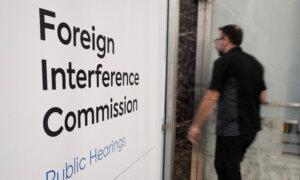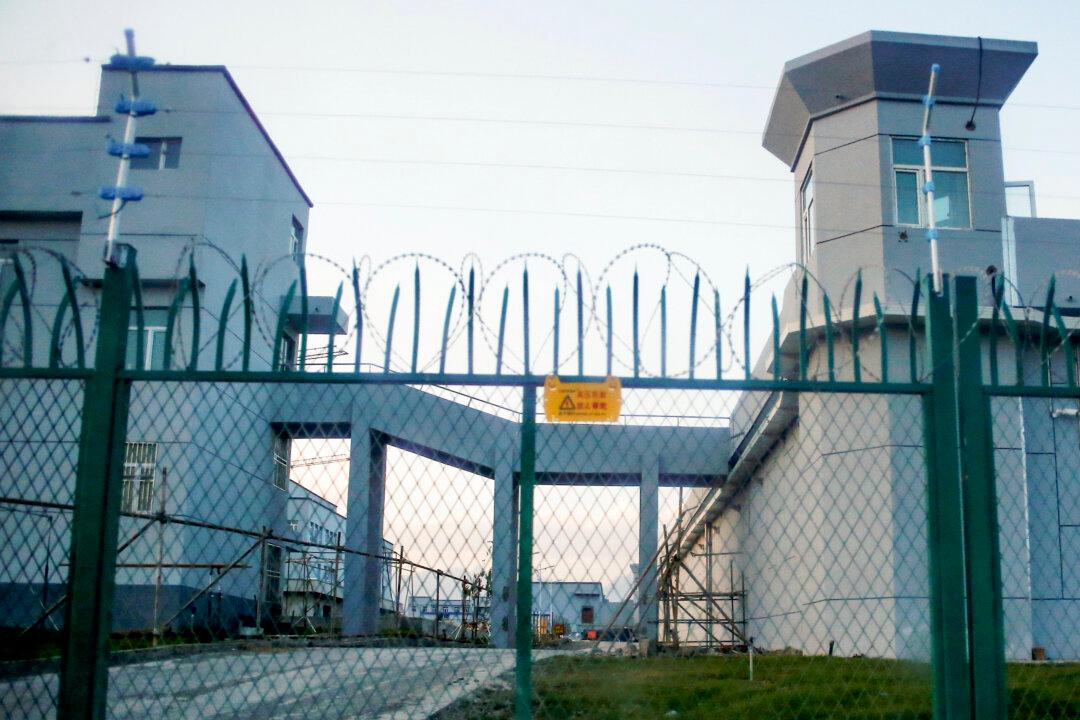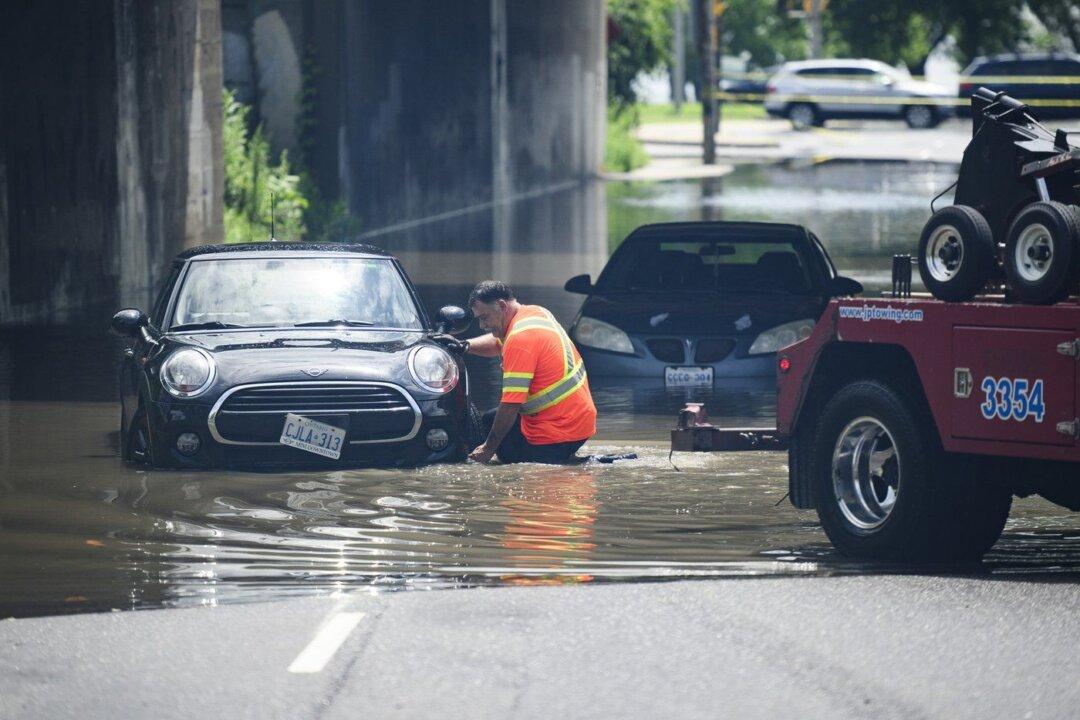The federal inquiry into foreign interference will soon resume, with over a month of hearings and policy consultations starting in mid-September.
The inquiry was launched amid growing concerns about foreign interference in Canada, particularly from China, which is alleged to have engaged in influence activities during the 2019 and 2021 federal elections and other democratic processes.
In addition to the inquiry, the RCMP has intensified its investigations into the Chinese regime’s activities in Canada, including the operation of secret police stations and the intimidation of diaspora communities.
Collusion Probe
In addition to probing election interference, the commission will also review allegations of parliamentarians colluding with foreign actors. MPs voted in June to expand the commission’s mandate following the release of the National Security and Intelligence Committee of Parliamentarians (NSICOP) “Special Report” on foreign interference.The Commission said its counsel is reviewing the information behind key statements in the NSICOP report. While committing to upholding its legal obligations, the Commission emphasized that its role is “not to assign guilt or responsibility.”
Consultations
The factual phase of the hearings will be followed by a week of policy consultations from Oct. 21 to Oct. 25. The consultations, organized by the Commission’s research council, will take the form of roundtable discussions where experts will talk about how to better protect federal democratic processes from foreign interference.The Commission has also invited public input on foreign interference through a consultation that ended on Aug. 12. It said more than 100 submissions have been received and are currently being analyzed by Commission counsel. A summary of these submissions will be made public a later date.
A final report on foreign interference is due by the end of the year.







